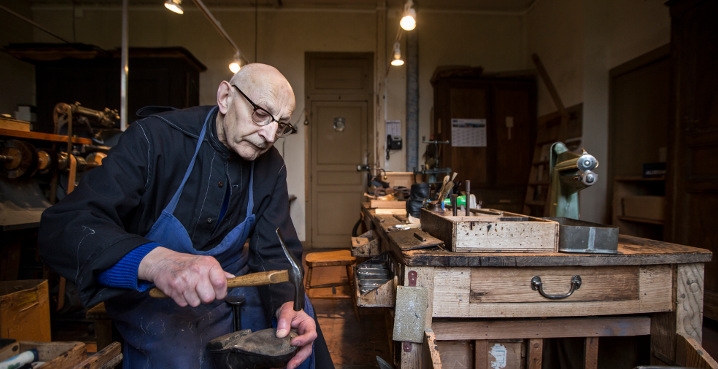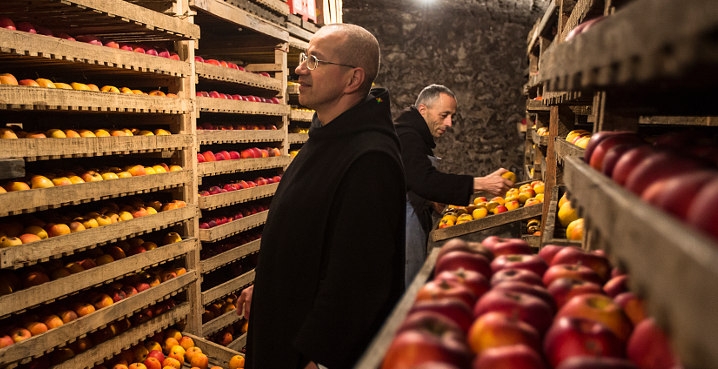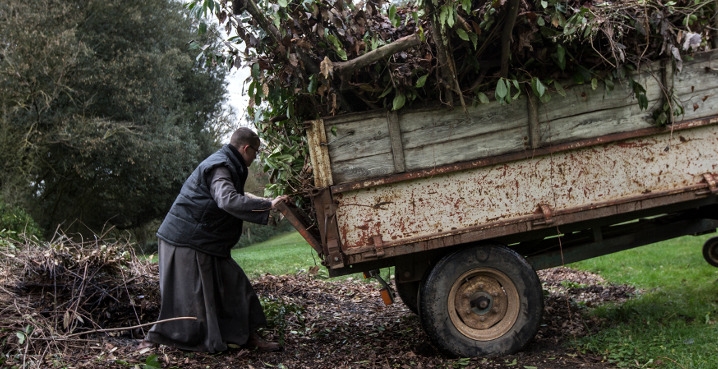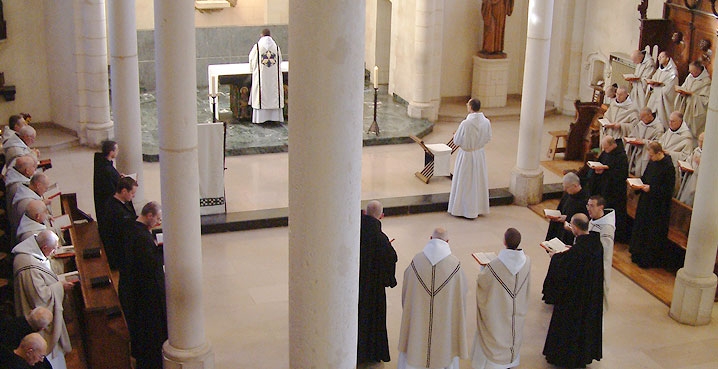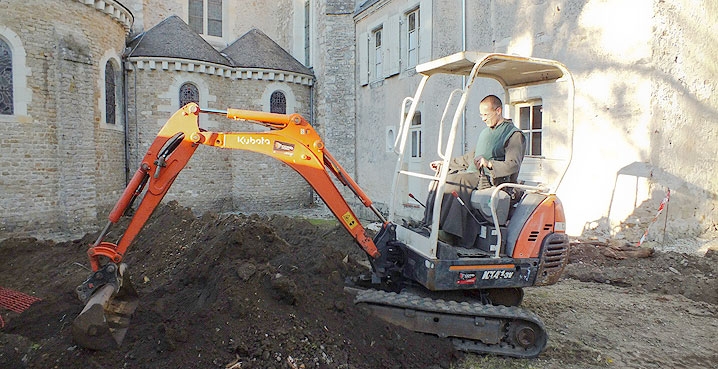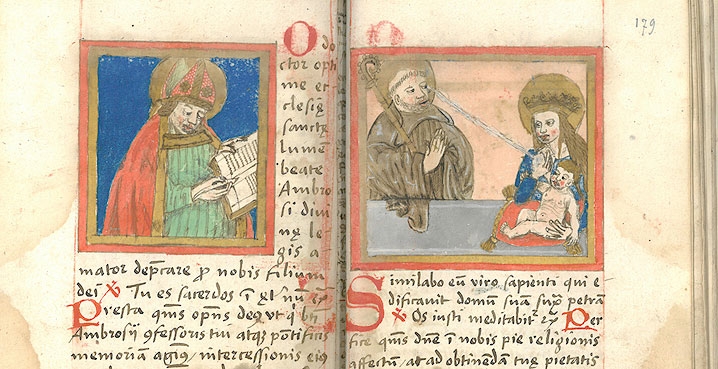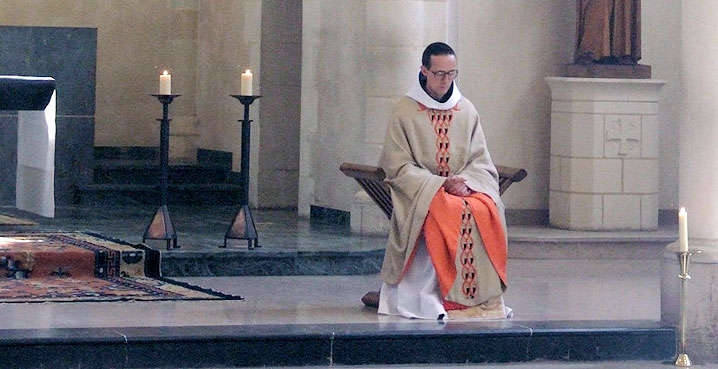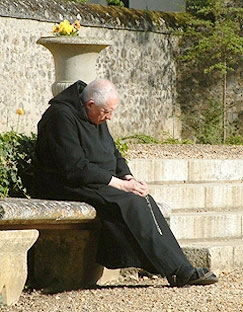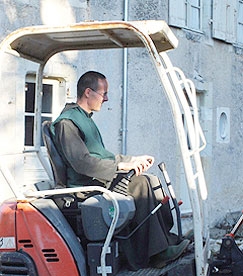Prayer, Work and Study
The motto Ora et labora (pray and work) is attributed to the Order of St Benedict. But this formula is actually of late origin. It would have to be changed to Ora, lege et labora (pray, read and work) to be a true description of our life. Prayer, lectio divina – i.e. the prayerful reading of the Word of God – and work are the three supporting pillars of our life since they are ideal ways to encounter God.
Prayer
Prayer is a moment of intimacy with God. It is nothing other than an intimate dialogue with the Lord. Just as friends need to see one another and talk to one another, so too we need these moments of intimacy with the Lord.
We devote at least half-an-hour a day to personal, contemplative prayer. Liturgical prayer as a community also brings us into contact with God. St Benedict lays down in his Rule that: “Nothing is to be preferred to the Work of God” (ch. 43), i.e. liturgical prayer. Seven times a day, we gather in choir for liturgical prayer. This totals approximately 35 hours a week!
Reading
Lectio divina is also a moment of intimacy with God. Lectio divina is time spent listening to the Word of God, which comes to us in the Bible, of course, but also in the Church’s Tradition, the writings of the Fathers and Doctors of the Church, and the lives of the saints.
That God speaks to us and wants to enter into dialogue with us is a source of wonder. We try not to miss any of these life-giving words by opening wide the ears of our mind and heart. In chapter 48 of his Rule, St Benedict lays down that his disciples should devote themselves to lectio divina at specified periods every day. At Solesmes, the time between Lauds and Mass is reserved for lectio divina.
Work
We also encounter the Lord in our work. Again in chapter 48, St Benedict explains that “idleness is the enemy of the soul” and stresses that each monk should apply himself to the work he is assigned.
Christ himself sanctified work by his carpenter’s trade. Work unites us to Christ. If work is carried out in accordance with the Rule, it does not distract us from God's constant presence. On the contrary, it fosters silence, humility, obedience and charity. Working relationships help build up the community's unity. Work also maintains our own psychological balance. Since we are enclosed, we have a special need to expend our energy and devote ourselves to some sort of activity.
In practice, the cellarer is in charge of the various activities – both intellectual and manual – enabling the monastery to earn its living. The Rule of St Benedict paints a demanding portrait of the cellarer (ch. 31). He must be like a father to the community, although not undertake anything without his abbot's consent. He should listen, be understanding of needs but be able to say no if necessary. His obedience and patience will sometimes be sorely tested. The community's work departments (laundry, tailor's workshop for making and repairing clothes, linen room, shoe repair shop, book bindery, workshops for painting, equipment and building maintenance, the central heating system, electricity, etc.) limits our need for outside tradesmen. Most of our income comes from the monastery bookshop and Les Éditions de Solesmes, which publishes Gregorian chant volumes edited by the musical palaeography workshop, CDs recorded by the community, and books on spirituality and religious history, most of which are written by monks.
As with work, we believe that this resolutely human culture brings us into contact with God. We are convinced of the deep harmony between faith and reason. Monks with artistic gifts are therefore encouraged to bring them to the fore. But all of us strive to weave beauty into everything we do. This is a very Benedictine attitude: St Benedict says that the outer and inner man – his body and soul – should be in harmony. “Let our hearts be in harmony with our voices.” St Benedict's exhortation for the liturgy (ch. 19) applies to everything a monk does.




